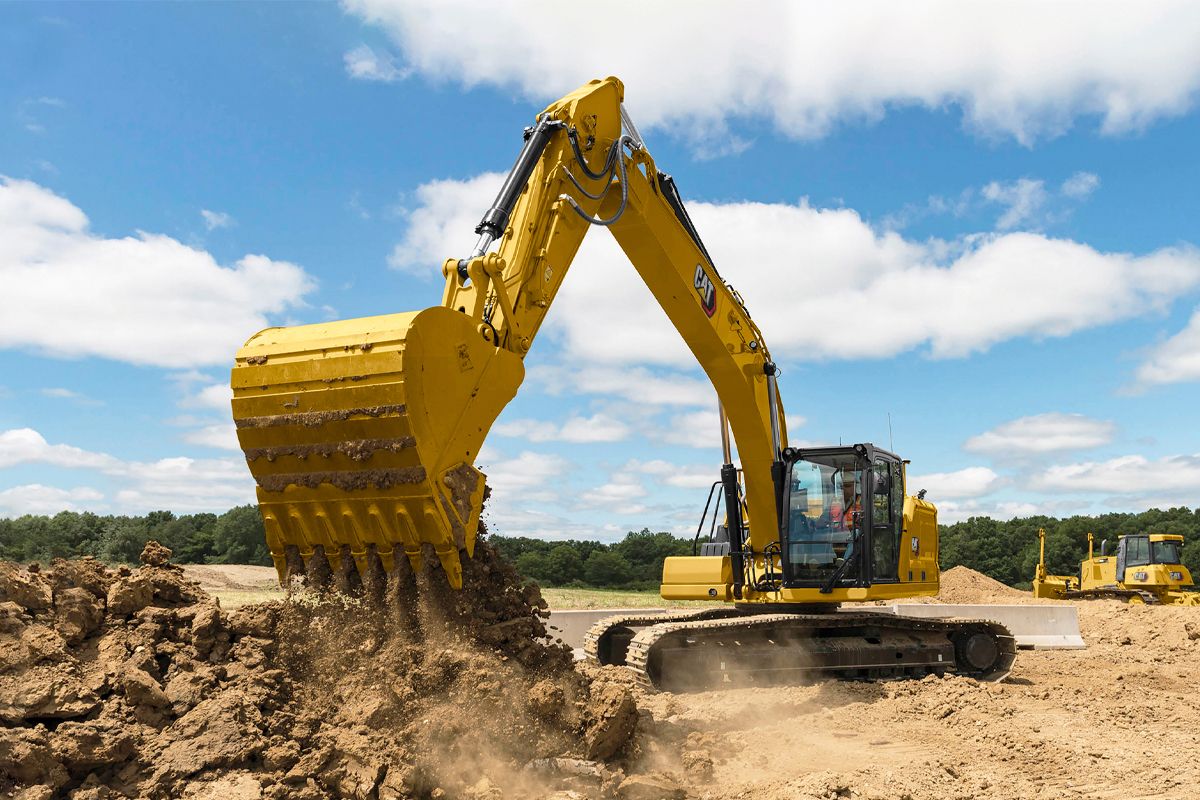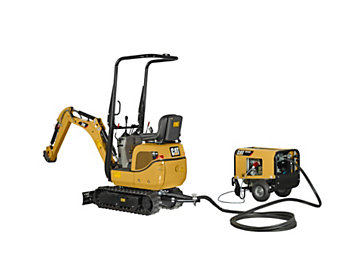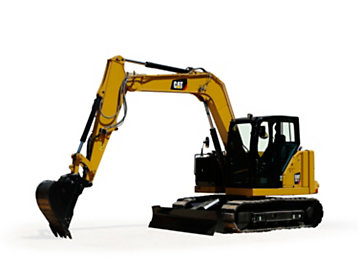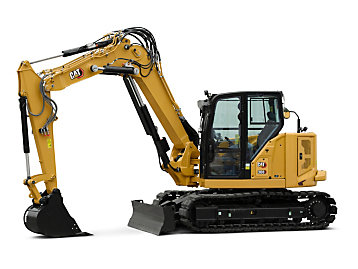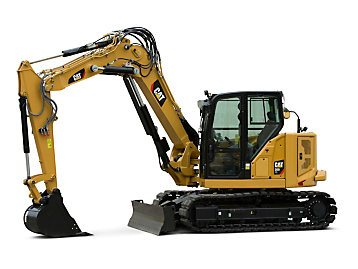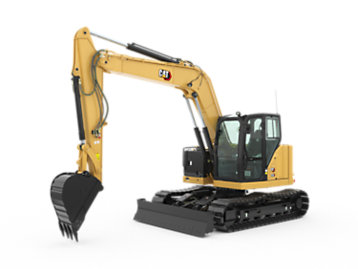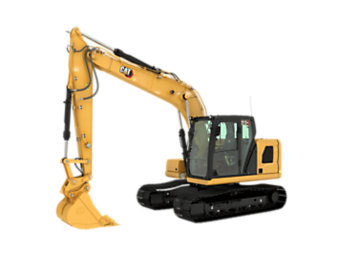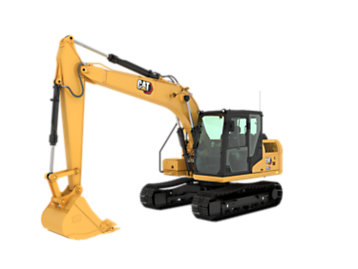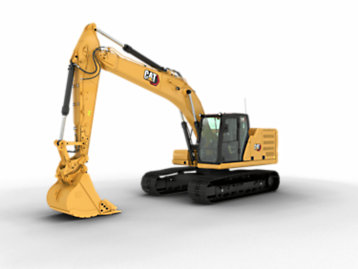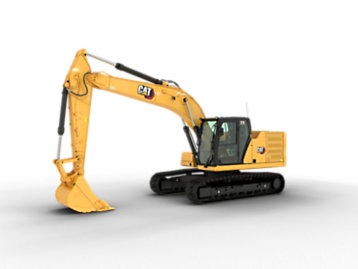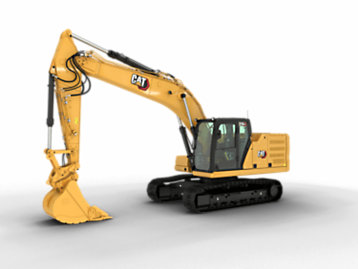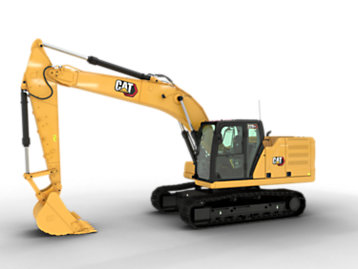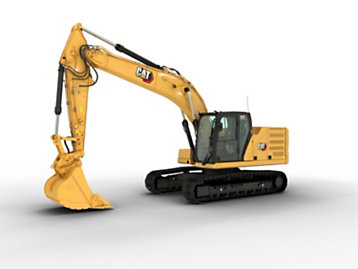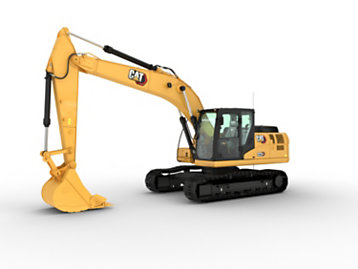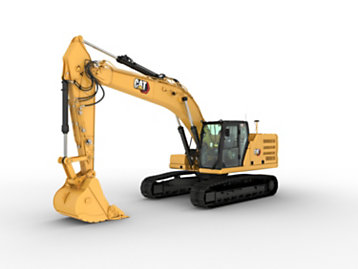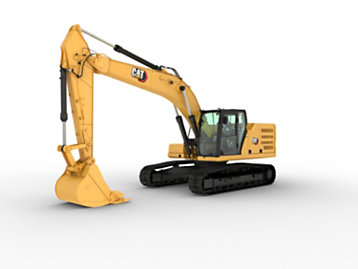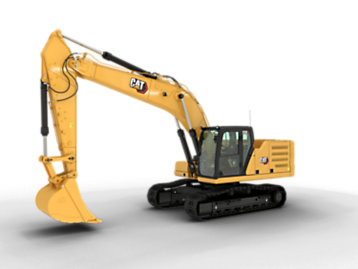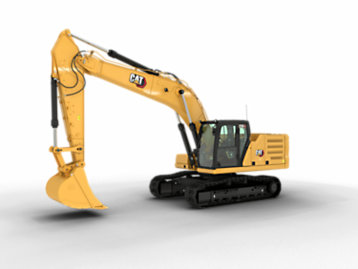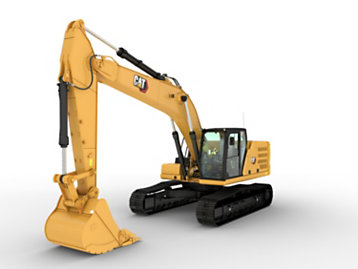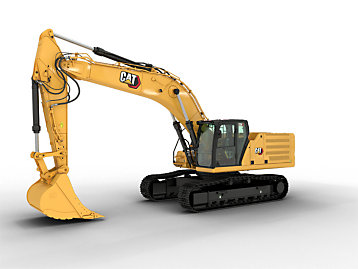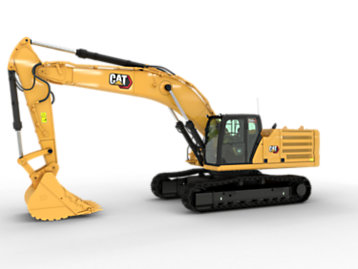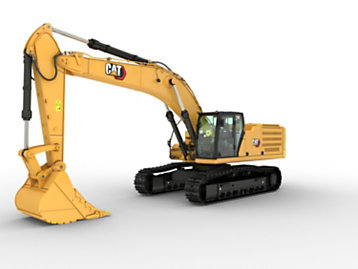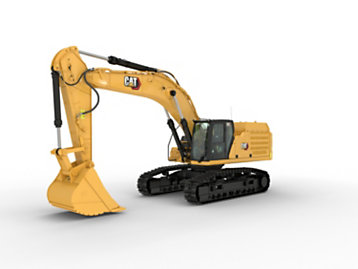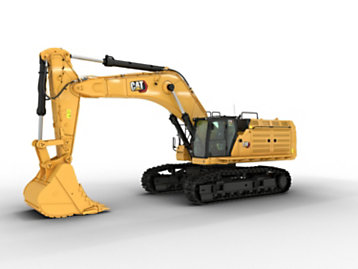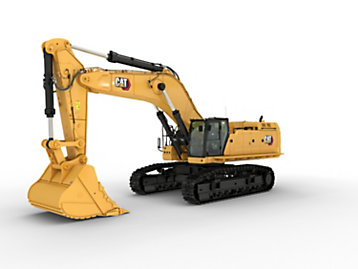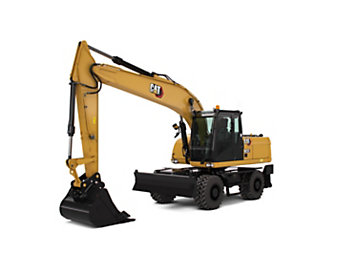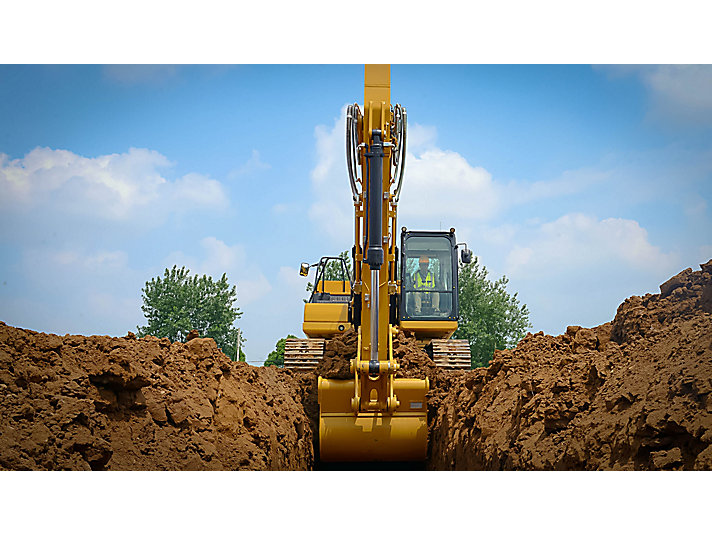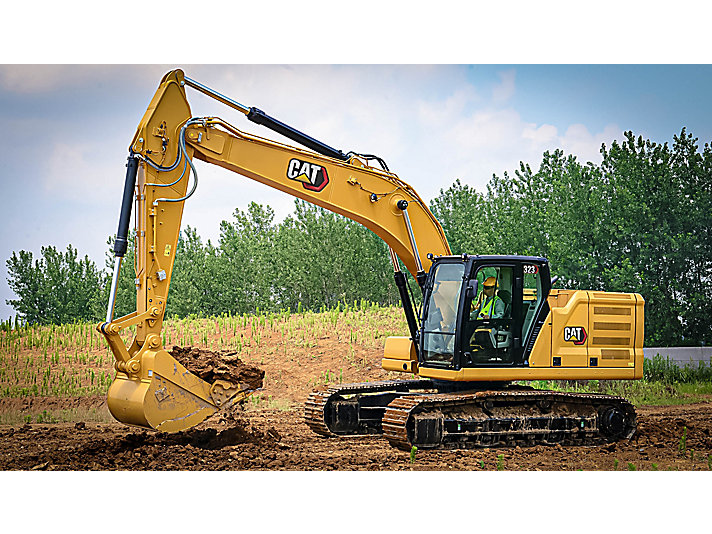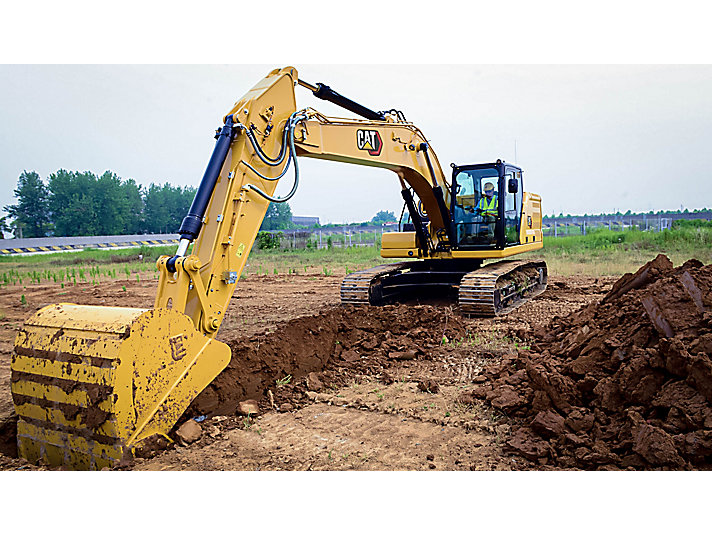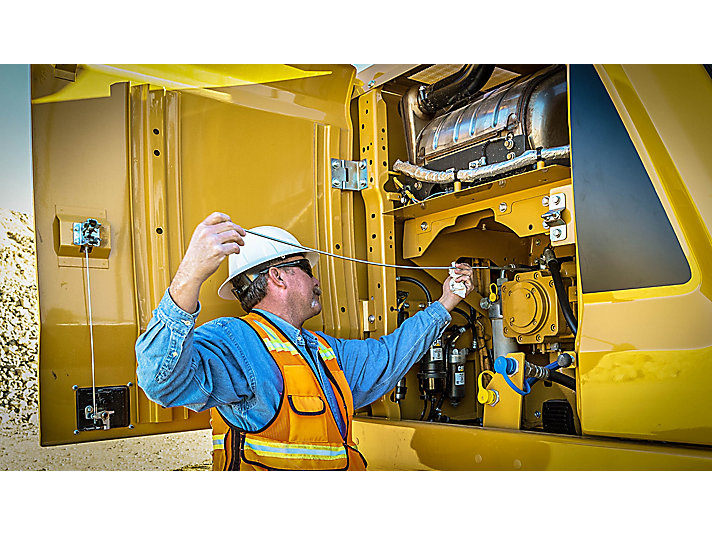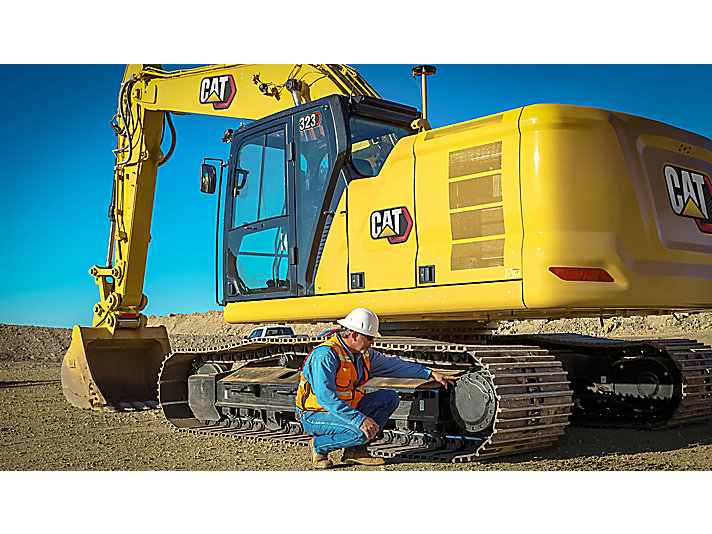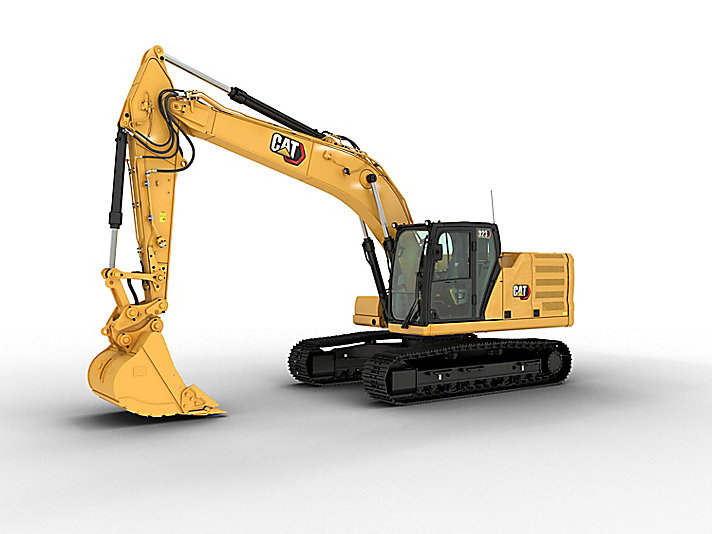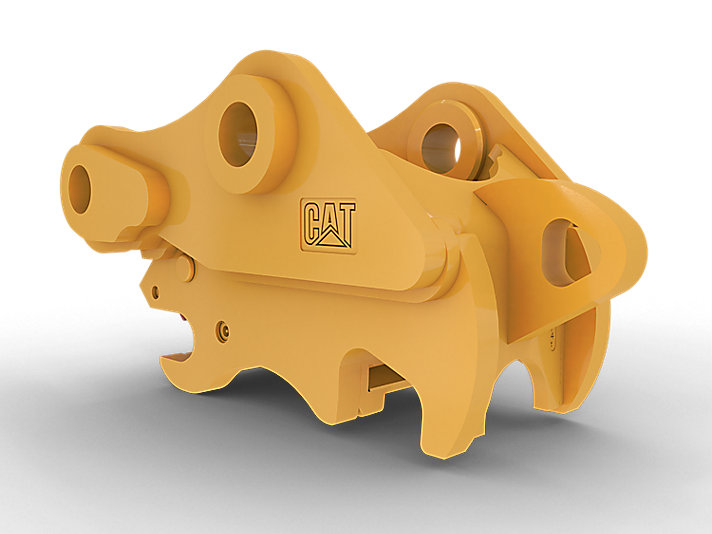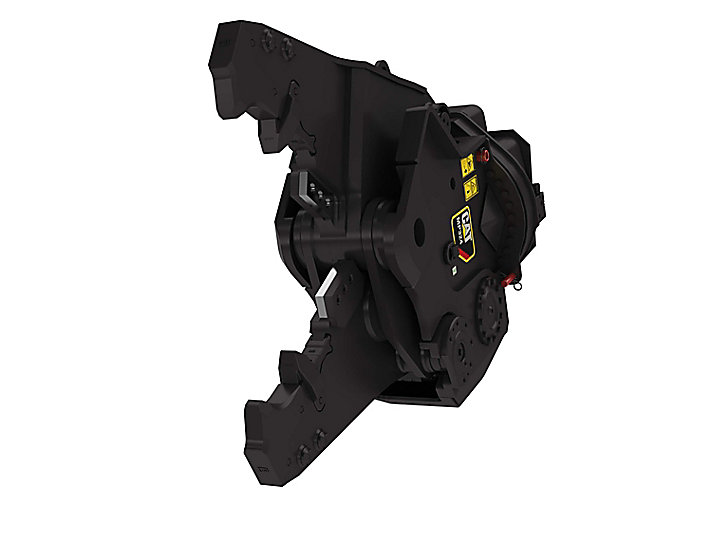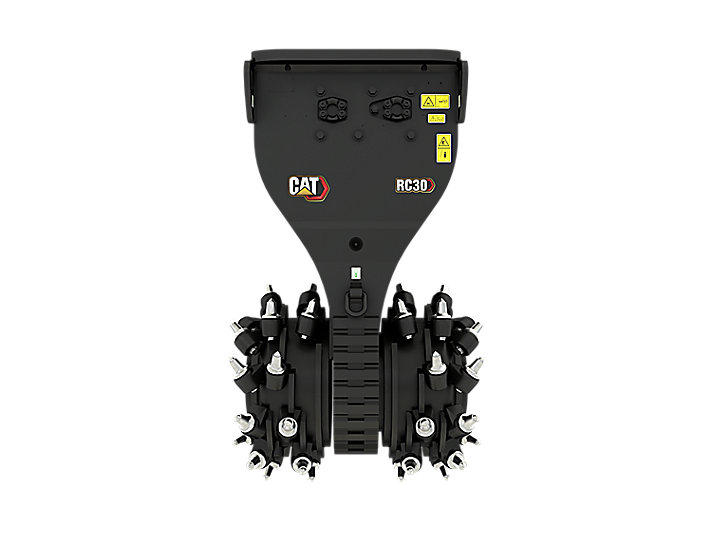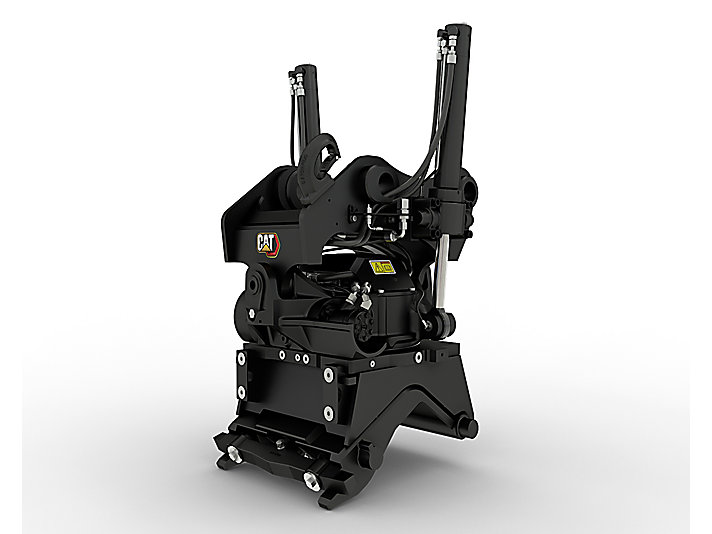Engine
| Net Power - ISO 9249 | 157 hp 117 kW |
| Net Power - ISO 9249 (DIN) | 159 hp (metric) 159 hp (metric) |
| Engine Model | Cat® C7.1 Cat® C7.1 |
| Engine Power - ISO 14396 | 158 hp 118 kW |
| Engine Power - ISO 14396 (DIN) | 160 hp (metric) 160 hp (metric) |
| Bore | 4 in 105 mm |
| Stroke | 5 in 135 mm |
| Displacement | 428 in³ 7.01 l |
| Biodiesel Capability | Up to B20¹ Up to B20¹ |
| Emissions | Meets Brazil MAR-1 emission standards, equivalent to U.S. EPA Tier 3 and EU Stage IIIA. Meets Brazil MAR-1 emission standards, equivalent to U.S. EPA Tier 3 and EU Stage IIIA. |
| Note (1) | Net power advertised is the power available at the flywheel when the engine is equipped with fan, air intake system, exhaust system and alternator with engine speed at 1,800 rpm. Advertised power is tested per the specified standard in effect at the time of manufacture. Net power advertised is the power available at the flywheel when the engine is equipped with fan, air intake system, exhaust system and alternator with engine speed at 1,800 rpm. Advertised power is tested per the specified standard in effect at the time of manufacture. |
| Note (2) | ¹Cat engines are compatible with diesel fuel blended with the following lower-carbon intensity fuels** up to: 100% biodiesel FAME (fatty acid methyl ester)* or 100% renewable diesel, HVO (hydrotreated vegetable oil) and GTL (gas-to-liquid) fuels. Refer to guidelines for successful application. Please consult your Cat dealer or “Caterpillar Machine Fluids Recommendations” (SEBU6250) for details. *For use of blends higher than 20% biodiesel, consult your Cat dealer. **Tailpipe greenhouse gas emissions from lower-carbon intensity fuels are essentially the same as traditional fuels. ¹Cat engines are compatible with diesel fuel blended with the following lower-carbon intensity fuels** up to: 100% biodiesel FAME (fatty acid methyl ester)* or 100% renewable diesel, HVO (hydrotreated vegetable oil) and GTL (gas-to-liquid) fuels. Refer to guidelines for successful application. Please consult your Cat dealer or “Caterpillar Machine Fluids Recommendations” (SEBU6250) for details. *For use of blends higher than 20% biodiesel, consult your Cat dealer. **Tailpipe greenhouse gas emissions from lower-carbon intensity fuels are essentially the same as traditional fuels. |


